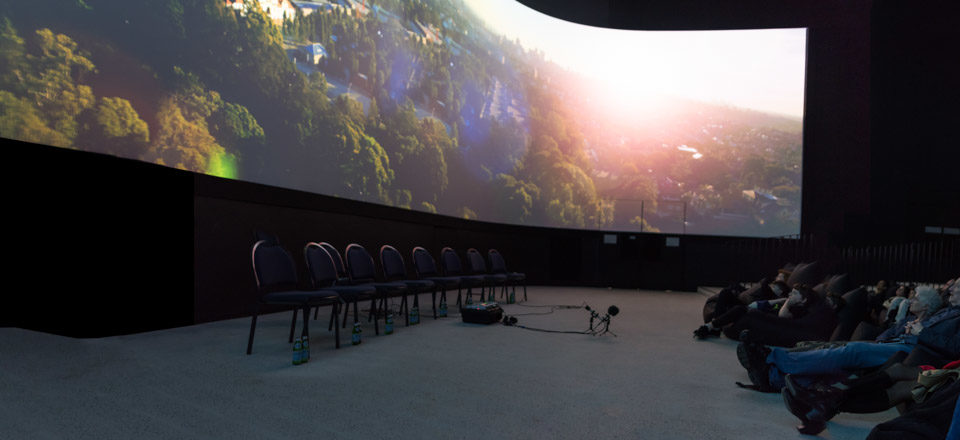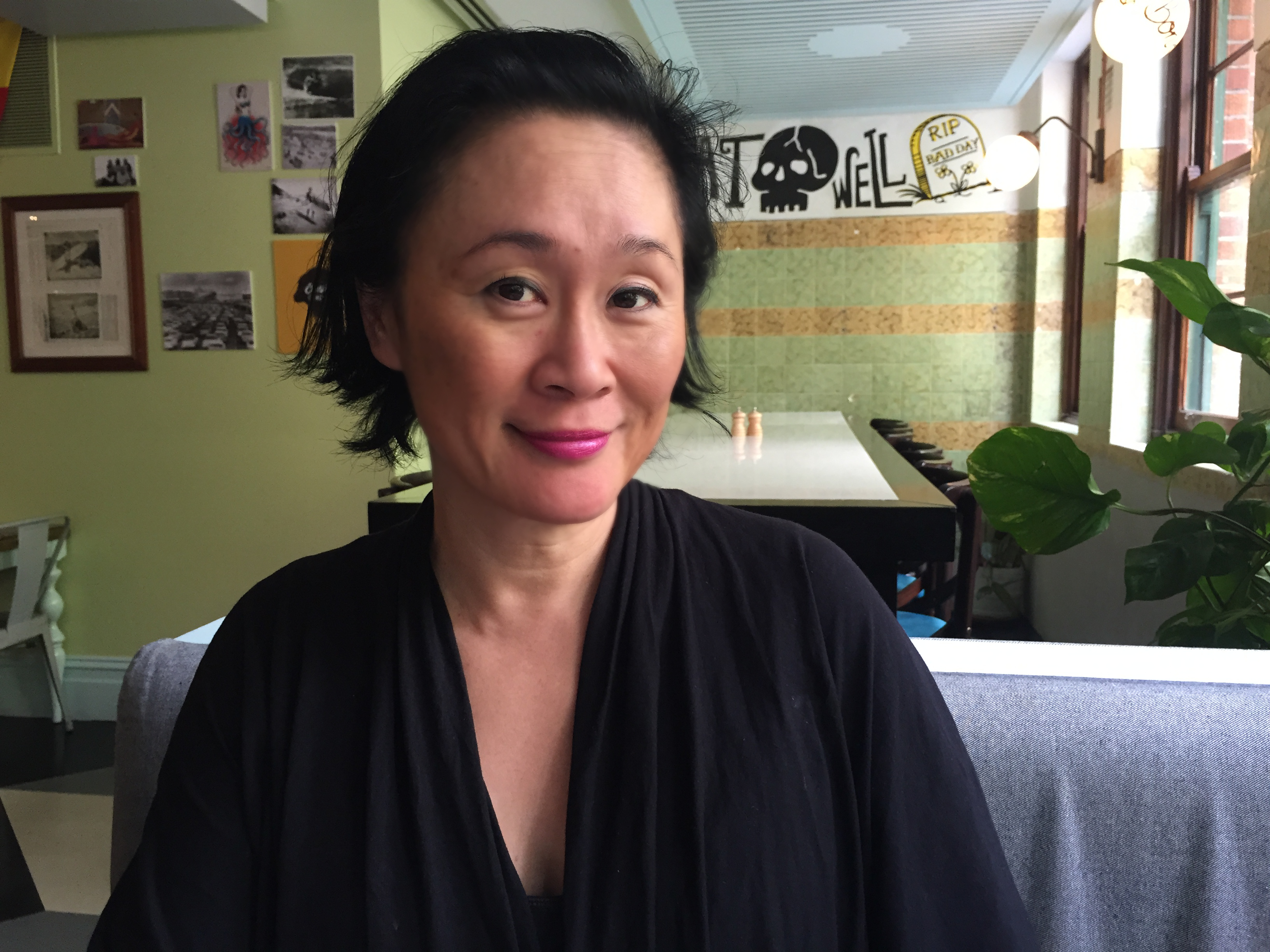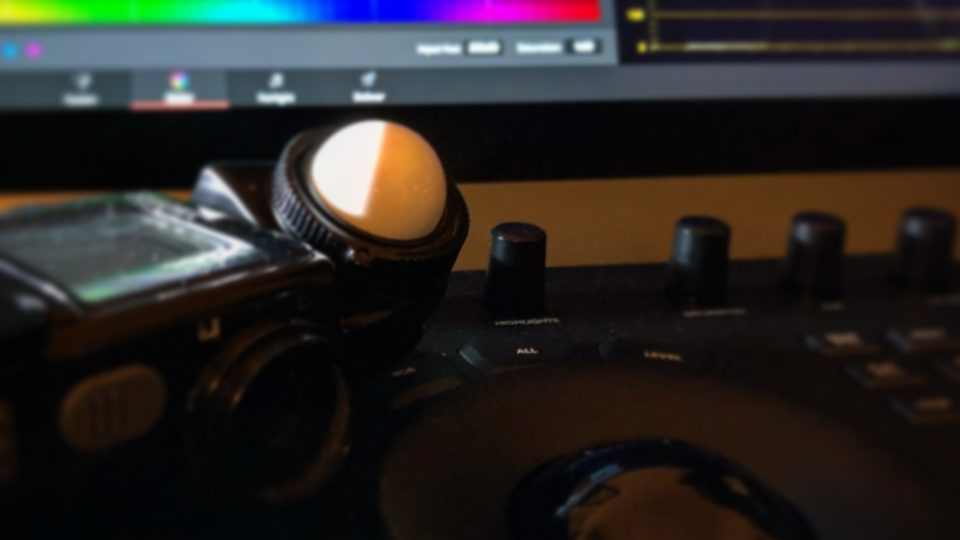I feel very lucky to be a working Director and to have carved out a career over the last 20 odd years – but I’ve been cautiously watching the increasing focus on gender inequality in the film industry with great interest – and fear. In the new social media era, it doesn’t take much to incite the wrath of some – however unintentionally. But as a female writer/director – and an ethnic minority – I feel like I need to add my voice to an issue I am a part of.
Am I a feminist? I prefer not to give myself a label – but I do believe males and females are equally capable of being whatever they want to be in the industry – and certainly as a mother to a six year-old boy and a one-year old girl, I want my kids to grow up in a world that doesn’t bias against gender.
I was 6 – the same age as my son now – when I rather naively decided I wanted to be a director before even understanding what a director did. I come from an academic family, so I had to fulfil my family obligations of tertiary study before I was able to run away and pursue my dreams, so it wasn’t until I was in my early 20s that I landed in Tokyo knowing no-one in the industry.
There’s a saying in Japanese “mizu shoubai” which translates to “water business” – and this is how my mother always referred to what I do and it wasn’t until I had slogged it out in Tokyo for 6 years working my way up from PA to Producer (always with the goal to direct) that she finally conceded this might not just be a passing hobby. She also realised that it was her own love of film that led me on my path in the film industry. I was the eldest child and as her marriage with my father deteriorated, she sought solace from her life in films – and took me with her to the cinema. The Deep. Kagemusha. The Godfather. Ran. One Flew Over The Cuckoo’s Nest. The Omen. The Deer Hunter. These films are deeply ingrained in my psyche – for good or for bad (!) I’ve never have been able to appreciate film violence – let alone horror films – because of Akira Kurosawa. Yes I know that’s film blasphemy, but he created such striking visuals of samurai that have forever steered me away from certain genres of filmmaking.
So when I wonder about whether or not my kids will choose to follow their parents calling, I realise I have to do my bit to help them – male or female.
I have no qualms about them joining the film industry if that’s what they want. Yes, the rollercoaster life of a creative is tough – but they will have grown up watching us ride the troughs and savour the highs. It’s the legacy of what you leave behind with films, that keeps Ben and I doing what we do. So why should this industry favour one gender over another?
I think simply by adding ‘female’ to a job description, this differentiates that person from the job and if there is to be true equality for males and females in the industry, it’s more about joining forces with both genders rather than bringing only females together to band against males. Having said that, there have been so many recent factors that I have become aware of that have forced me to speak out and think carefully about my own experiences.
I’ve been vaguely aware of Geena Davis’ fight for female equality in the media over the years, but ashamed to admit that I’ve never stopped to really consider what her cause meant. I saw Geena once years ago in Tokyo in Akihabara (aka electronics town) at the height of her fame. She was with her then husband Renny Harlin and I remember how striking and powerful this ridiculously tall, beautiful woman looked. I could never have imagined that this Oscar winning talented, charismatic character actress who averaged one film per year in her career would make just one film in her 40s.
Is this ageism or gender inequality? Either is brutal for both my generation and the generation following us. I’m in my 40s now and if I didn’t have the opportunity to work or pitch on work because of my age, this would effectively mean I wouldn’t be able to provide for my kids.
I haven’t had a lot of bad experiences being a female in the industry – really only one early on in my career in Tokyo where a male Japanese director in his 40s tried to get me fired as producer because I was too young (I was 24) and had too much power (it was the company that I was working for that hired him). I was lucky to have had a (male) American boss who absolutely trusted me and shot him down, but this didn’t prevent the director from insisting his entirely (male) Japanese crew not speak to me, answer any of my questions or even look me in the eye. I was devastated but I had the arrogance of youth to think I was better than him and was more determined that he see I was strong enough to take whatever he dished out.
I also don’t think I’ve ever lost out on a job because I was female – but – there have certainly been many instances where being a female meant I had to act differently.
Like when I was repped as a TV Commercials Director and was mostly offered family/lifestyle/kids jobs to pitch on – well before I had kids. Like when I tried to get my first film project up after a 9 year development and was labelled a ‘chick flick’ director because the story featured three strong female leads. Like when I chose a male protagonist in my latest feature project because I realised I didn’t want to be labelled a ‘female director’, I wanted to known simply as ‘Director’.
But….being offered lifestyle TV Commercials also meant I booked my first project choreographing dance for a commercial because I was female and that this – inexplicably – meant I was more likely to be able to direct this. The client had no idea my absolute guilty pleasure was dance films, so this was like…bingo! And, as much as I hate to admit it, I’ve played on being a female many times over the years by using charm to soften or smooth out potentially tricky situations, so I read Jennifer Lawrence’s recent op ed with surprise. Wow. I wish I could have been that gutsy and in charge of my own opinion at 25.
We’re living in scary times when females in their 20s are today fighting the same battles as what my generation grew up believing was won two generations ago. In order for both genders to be treated fairly, we need to change the ‘us against them’ mentality and instead try and find a solution that will bring about gender neutrality.
One of the most popular gender inequality solutions that has been attracting considerable media coverage is the idea of introducing a quota. Is such a solution fair? The idea of a mandatory quota to ensure that females get a shot at jobs in the industry, feels wrong. Making it official would be like unrealistic pressure to balance out a situation that should be dealt with through talent and projects – not gender.
But…über producer Kathleen Kennedy got her big break in the industry because of such a quota to appoint women to technical jobs. I grew up in awe of Kathleen Kennedy and always hoped one day to have the chance to work with her. What films would have seen the light of day without the Kathleen Kennedys of the world? If you took away her contribution to this industry with films such as “ET” (Dir: Steven Spielberg), “Back To The Future” (Dir: Robert Zemekis), “Snow Falling on Cedars” (Dir: Scott Hicks), “The Diving Bell & The Butterfly (Dir: Julian Schnabel), “The Sixth Sense” (Dir: M. Night Shaman) and “The Bridges Of Madison County” (Dir: Clint Eastwood) to name but a few in her prolific career – my generation of filmmakers would have missed out on a long list of impactful films – films that resonate, entertain, and challenge. What filmmaker wouldn’t aspire to such a legacy?
The greatest fear of a quota is that people will feel pressured to fulfil a quota when other deserving people miss out, but the Kathleen Kennedy experience together with the experiences of so many women working today shows that whether it’s a quota or something else, something needs to change in order to correct the imbalance we find ourselves in today.
I believe there is hope because one of the best traits of Generation Y (the Millennials) is that they, like the Baby Boomers, tend to group together and welcome gender, race, sexual orientation, culture and demographic better than any of the generations before it. Surely, this bodes well for the future of the film industry once they take positions of authority.
I don’t know whether this will be enough as filmmaking perhaps more than many other industries – spans several generations and by its very nature propels us to collaborate. But if these generations are made up from only one gender, what does this say for the type of films that will be made? I doubt films will survive in that context – and we are already venturing into an uncertain future for filmmaking.
If we want the craft of filmmaking to stay, we as a filmmaking community need to stand up for gender equality and opportunity. We need to open calm dialogue amongst all of us in the industry and explore and try all avenues to help make filmmaking a better place for the next generations. If we agree that the survival of the industry is key, then it’s up to all of us to help allow the filmmakers of each generation to tell their stories – irrespective of whether they are male or female.






